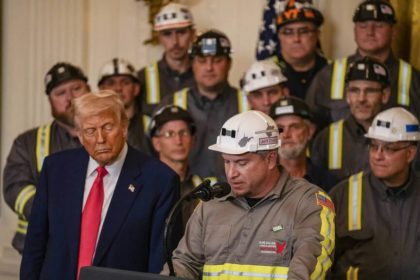If we look at the traditional stores in our neighborhood, we will see that everything is calculated experimentally and estimated. The seller fills the shelves of his store based on his estimate of sales and the number of customers, and if more buyers visit the store than on normal days, they will definitely face empty shelves. To avoid this problem, sellers usually provide more products than buyers can consume, and this causes products such as fresh food that have a short shelf life to quickly become rotten and unusable. In order to solve this challenge, the startup Afresh Technologies, by providing a software equipped with artificial intelligence, helps stores to accurately predict their sales and thereby greatly reduce food waste.
According to Matt Schwartz, CEO of Afresh, the startup is trying to implement a mechanism where when a new load arrives in a store, the storage warehouse is completely empty and the store shelves are full. According to ReFED’s estimate, the amount of food waste reaches an astronomical figure of 28 billion dollars per year, and the use of such programs can play an important role in reducing food waste.
Afresh startup started its activity in 2017 and is still considered a start-up business; However, it is experiencing rapid and impressive growth. They have managed to deploy their software in thousands of stores and have reduced food waste by 25%. This translates to a 40% operating profit for chain stores and retailers, preventing them from losing tens of millions of dollars.
The way Afresh software works is interesting in its own way. The startup initially starts with a store’s data history over the past few years and analyzes it. Then it identifies and continuously monitors any variable that affects daily sales. These variables include promotions, weather, holidays, discounts, etc., which can change the amount of sales. Also, the shelf life of different products is different from each other and some food items such as vegetables, fruits and protein materials, spoil faster than other items. As a result, Afresh takes all these things into consideration and provides recommendations to sellers based on the best time to use each product.
Last year, Afresh was able to prevent 20,000 tons of food from being wasted, and the managers of this group believe that they can increase this figure to more than 50,000 tons per year in a short period of time. Artificial intelligence continues to advance at a staggering pace, and the platforms that use this technology evolve along with it. It can be expected that in the near future, saving goods and energy consumption will become one of the main applications of artificial intelligence. What do you think about this?

RCO NEWS
















